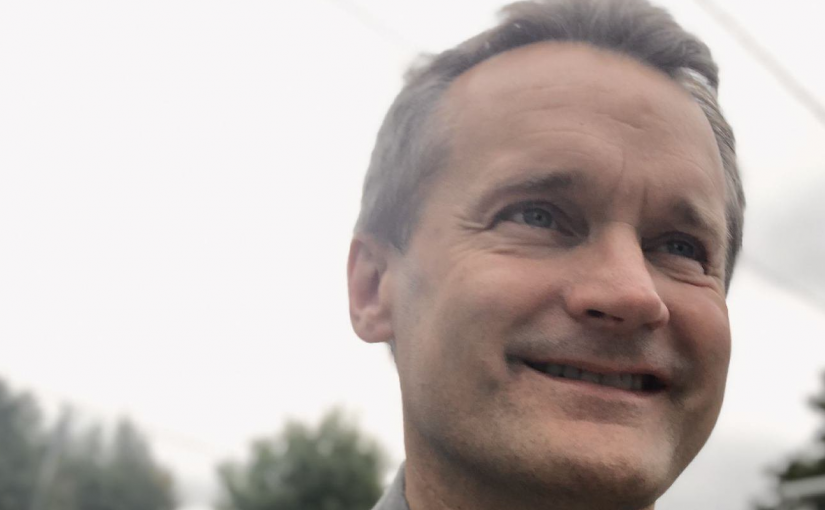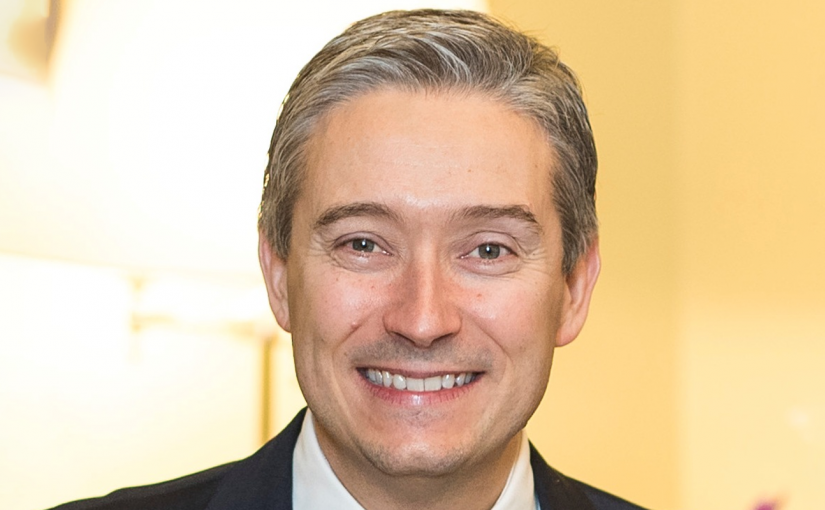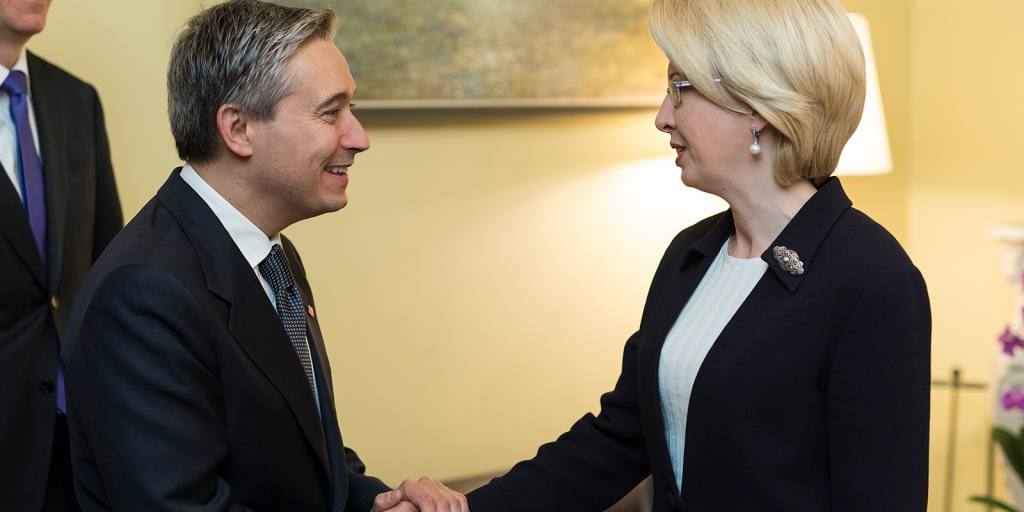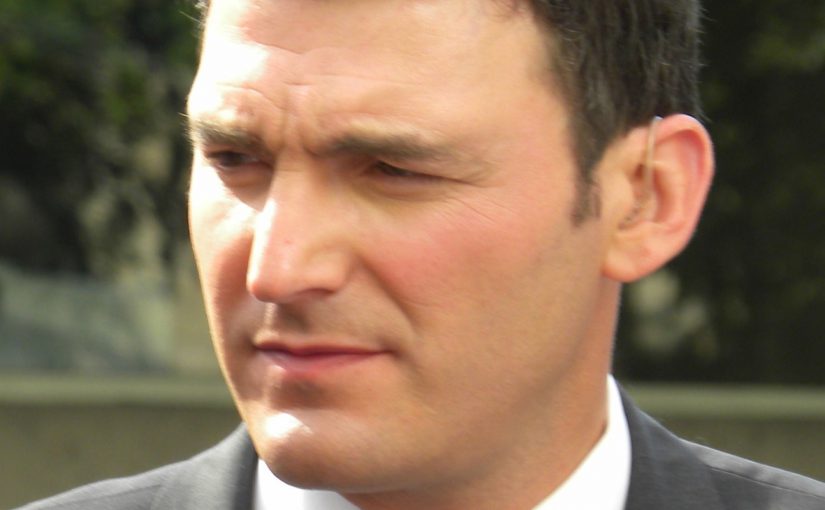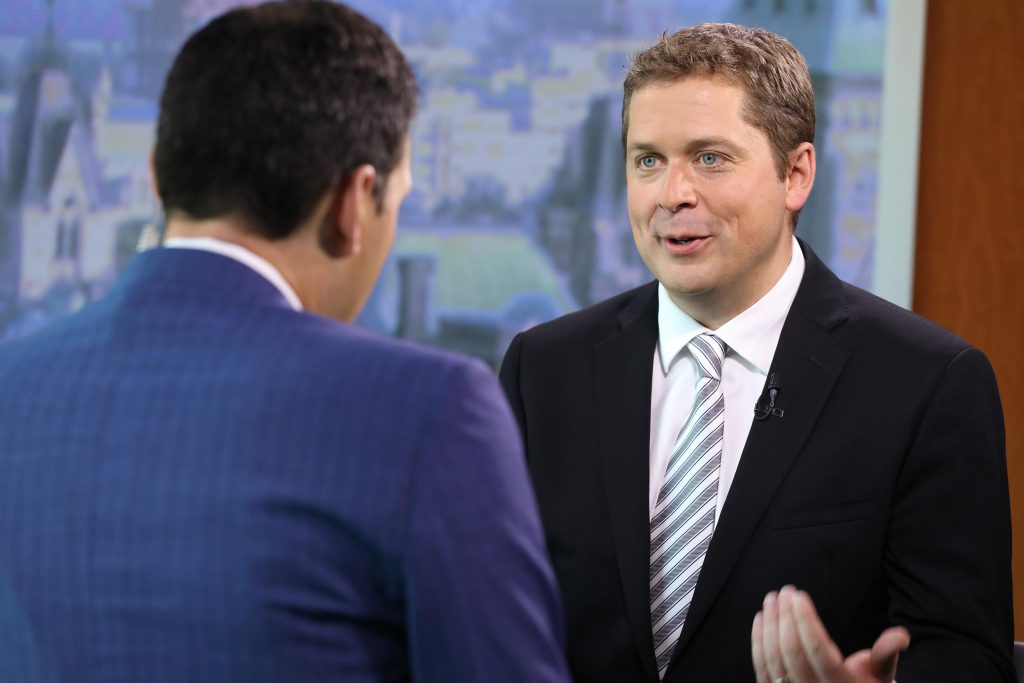The appointment of Seamus O’Regan as Canada’s next Natural Resources Minister shows that Justin Trudeau has clearly not learned his lesson from the 43rd general election.
Electors returned zero seats to Trudeau in both Alberta and Saskatchewan when all the votes were counted on October 21st.
These two prairie provinces are blessed by oil and gas but are desperately frustrated by their inability to get their resources to market.
Seamus O’Regan is best known for having a morning show on CTV, and and for being in Justin Trudeau’s wedding party.
So it stood to reason that O’Regan would be either a close advisor or something more formal when Trudeau won the 2015 election and O’Regan won his seat in St. John’s South—Mount Pearl.
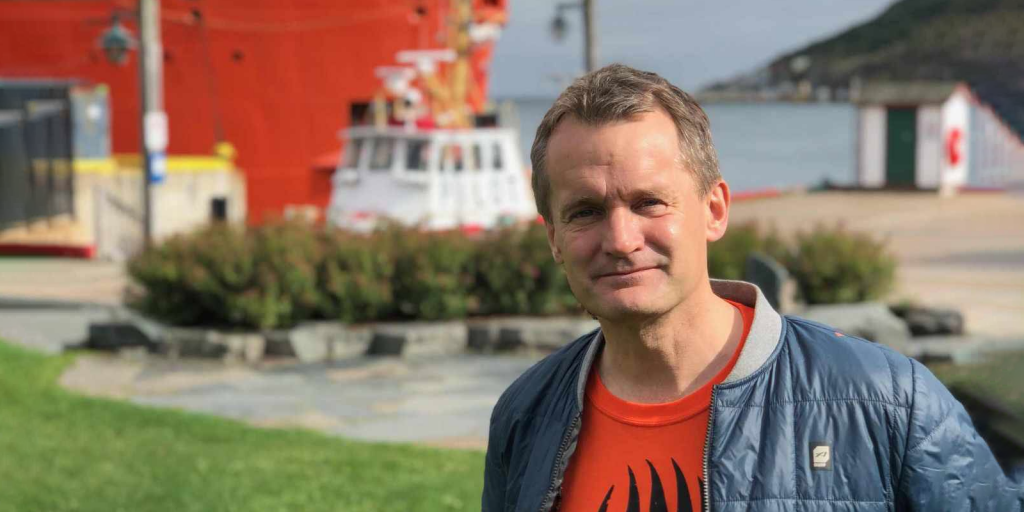
Enter Seamus O’Regan
As Veterans Affairs Minister, O’Regan tried to relate to his stakeholders by comparing the sunsetting of his own career as a broadcaster to the challenges faced by active military service personal as they transition to civilian life.
Not great.
But Justin Trudeau indicated that veterans aren’t on his priority list anyway as he famously remarked to a veterans that his brothers and sisters are “asking for more than we are able to give“. So Seamus coasted until the Trudeau inner circle had another problem to solve.
When Gerald Butts shuffled Jody Wilson-Reybould out of Justice where she was making too much trouble for Trudeau’s principle secretary, she was moved to the Indigenous Services ministry. Butts argued argued that the best person should take over the file. Wilson-Reybould flatly refused the position.
Enter Seamus O’Regan.
O’Regan’s tenure at Indigenous Services was marked by gross insentivity, tweeting a glamour shot of himself being pensive about reconciliation next to a passenger of his Challenger private jet.
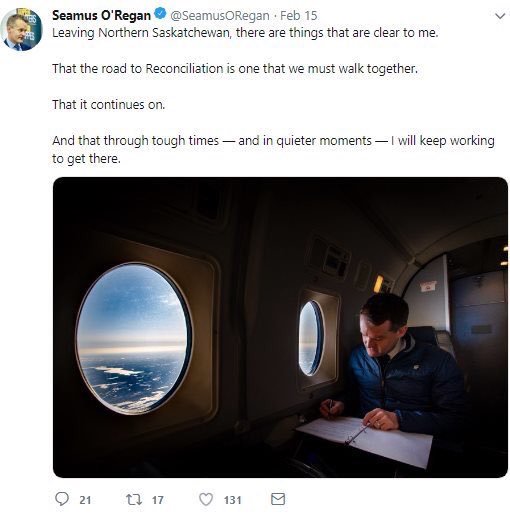
The Trudeau government has not made reconciliation with First Nations a priority. While they’ve paid a lot of lip service to the issues and the recommendations of the Truth and Reconciliation Commission, O’Regan fights compensation for First Nations childrens services in court.
Alberta and Saskatchewan have found themselves in a polarized position against Justin Trudeau and his backers in the rest of Canada. The prime minister’s failure to build pipelines and his failure to negotiate right-of-passage to tidewater for Canada’s energy infrastructure are problems that are worse enough. He also insists that his ultimate goal is to ‘phase out’ the oilsands. This attitude is fomenting Western alienation.
Will Justin Trudeau’s government be humbled by being shut-out in these two Western provinces? Will Trudeau hold out a fig-leaf and appoint a Minister of Natural Resources that will hit the ground running and fight for Canadian energy workers?
Enter Seamus O’Regan.
At Natural Resources, Trudeau has appointed O’Regan to take over one the prime minister’s most neglected files. Predictably, Conservatives and media observers have reacted with shock and exasperation.
Canada’s energy workers will be the most affected by the shuffle of O’Regan to Natural Resources. They are already indicating that the appointment does not give them much confidence.
Justin Trudeau views the oil and gas sector in opposition to his agenda of renewable energy and reduced carbon emissions. Yet, the sector makes up for 15% of Canada’s GDP and spins off hundreds of thousands of primary and secondary jobs. Meanwhile, Canadian innovation continues to drive down the CO2 emissions produced from the extraction of oil from Canada’s bituminous sands.
Trudeau would not be so cavalier and neglectful of carbon-intensive industries such as auto-making in southern Ontario and cement production in the Gaspé region of Quebec.
With Seamus O’Regan’s appointment as Minister of Natural Resources, Justin Trudeau is presiding over more-and-more division among Canada’s provinces.
